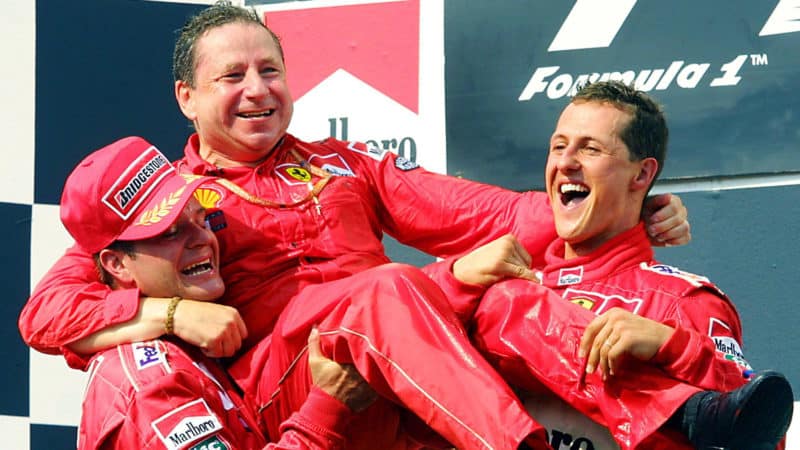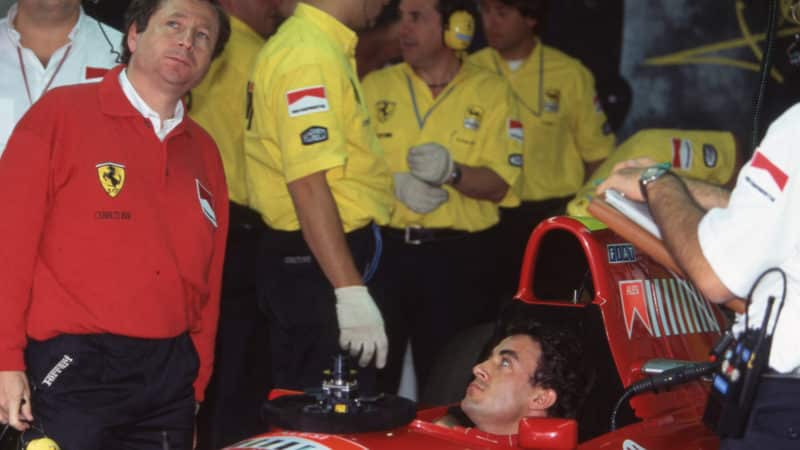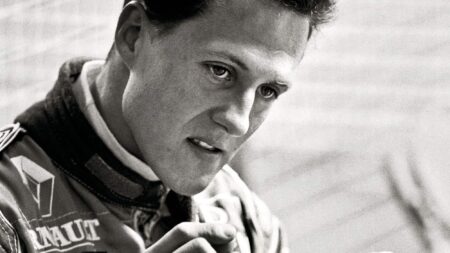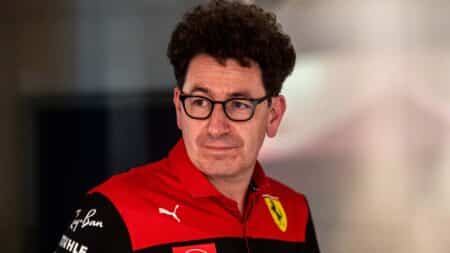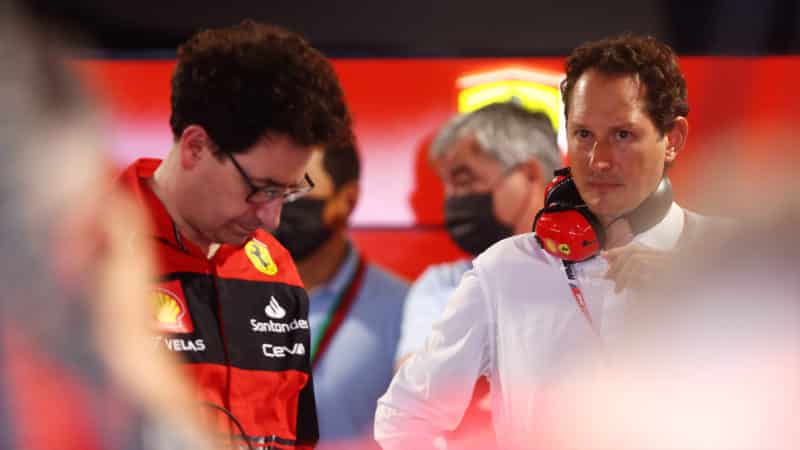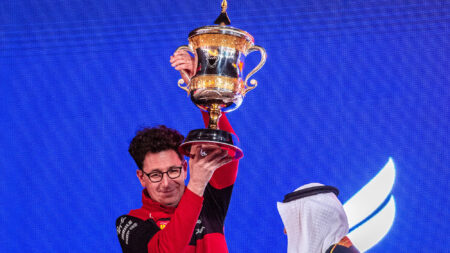By 2000, there was a sense that Todt just might be running out of time, and here was another sliding doors moment. Had Brawn and Schumacher dropped the ball at Suzuka and not beaten Häkkinen to the title as they did with such style, might Todt have paid the price as Binotto has now? The Frenchman was the weld that kept the whole Ferrari super-team together. The cracks might have been fatal had he been forced to depart.
The parallels break down when one considers the differences between Todt and Binotto. The former had no background as a designer or engineer. His years as a rally co-driver made him what he was: an ace organiser, good at the detail, even better at understanding the wider picture. And his famous resilience and gimlet eye made him the ideal shield for the creatives working below him. Binotto, in contrast, was likely disadvantaged from being a part of the system through his youth – which made him an employee in an ingrained way Todt never was. There was a sense of separation for Jean that played to his advantage.
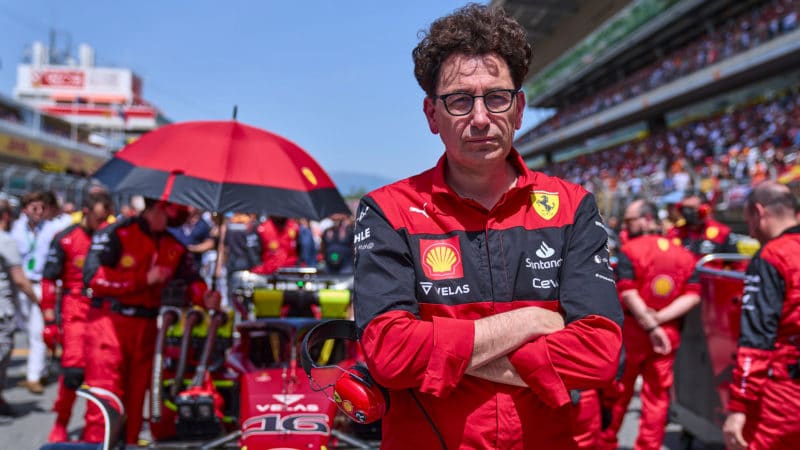
Calm Binotto was a modern F1 boss
Ferrari
Promoting from within is efficient and makes sense, in almost any business. But in Binotto’s case and now with the benefit of hindsight, it has cost Ferrari a man of high value. He had many of the attributes of a good, modern F1 team boss: calm, measured, considerate of his employees, aware how his responses both in public and behind closed doors could affect everyone for better and for worse. His technical background also separated him from most of his peers – Christian Horner, Zak Brown, Toto Wolff and so on – but as Todt showed, an engineering background isn’t required for large aspects of the job he found himself promoted into, in place of the divisive Mauricio Arrivabene from 2019. Instead, maybe it played against him. We could go further: by promoting him to the top job Ferrari risked an asset that should have been protected because this was always only going one of two ways – world title glory or failure, followed by inevitable departure. Retaining Binotto and allowing him to head up design and engineering would have been a great option were it not for human nature. A demotion, now answering to a Todt-style sporting director, would have been tough for him to swallow, as for anyone.
No, he has to leave, there’s no other option. Faith had been lost, certainly above him from chairman John Elkann and CEO Benedetto Vigna, and also perhaps from Charles Leclerc, so he had spun out the top with nowhere left to go but the exit. A damn shame.
So now what? Who will be plugged in and, as we said, most crucially how will they be allowed to wield their power? Frédéric Vasseur was tipped when the speculation over Binotto’s future emerged. A good man, a racing man, with an admirable record in the junior categories and a respectable character at Alfa Romeo-Sauber (where the pressure of expectation is relatively light). But is he really a Jean Todt, ready to galvanise and reshuffle the team to find the missing spark? There’s no evidence to suggest so.
